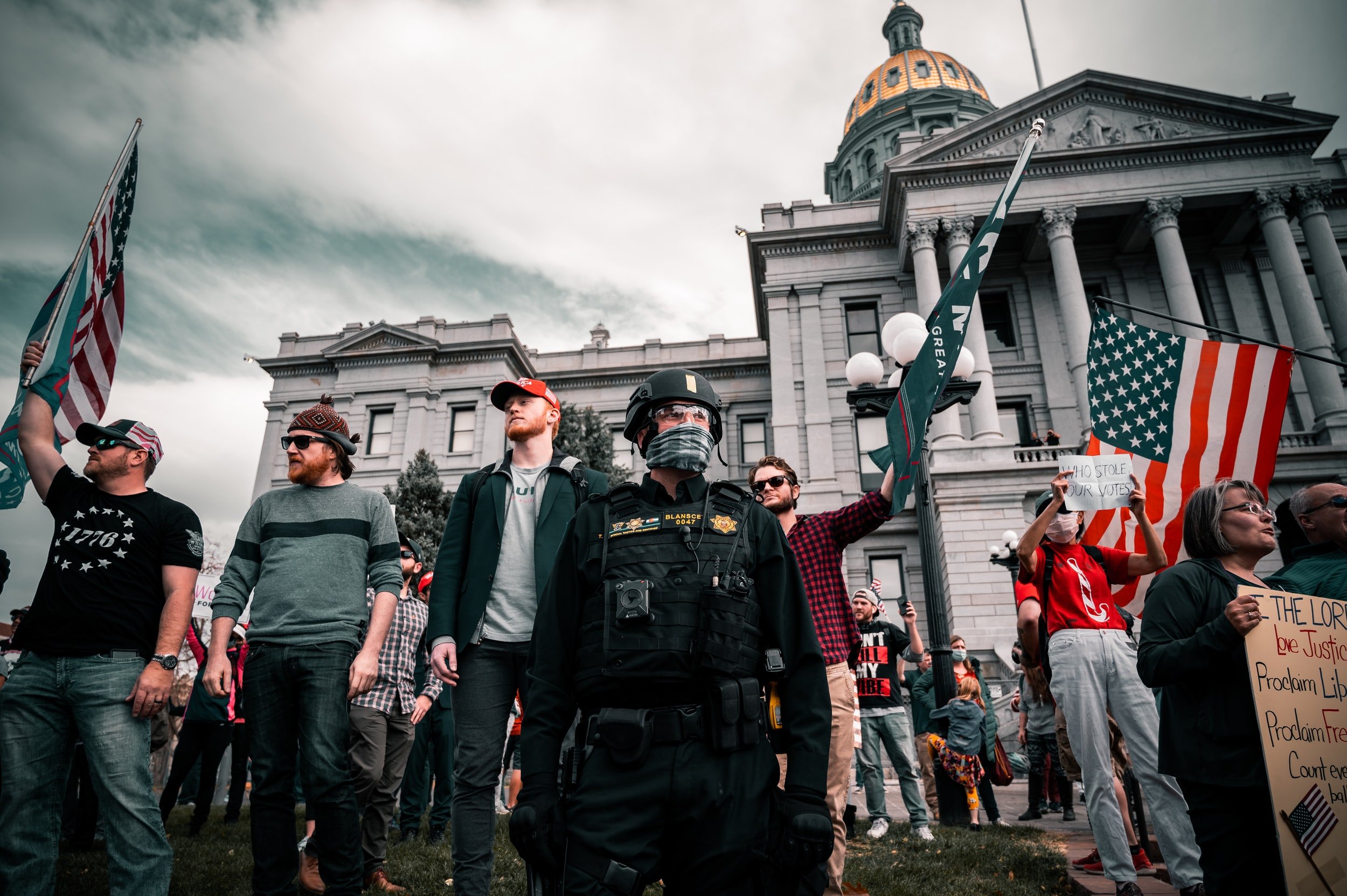Democracy and Demography
American democracy is under siege. This is so because of the confluence of three trends: (1) demographic change and residential segregation, which increasingly have placed more racially diverse Democratic Party voters in cities and suburbs, while rural areas have become more white and Republican; (2) a constitutional structure—particularly the Electoral College, the composition of the Senate, and the use of small, winner-take-all legislative districts—that gives disproportionate representation to rural populations; and (3) the willingness of this rural Republican minority to use its disproportionate power to further entrench counter-majoritarian structures, whether through extreme partisan gerrymandering, increased voter suppression efforts, court-packing, or outright rebellion against the results of democratic elections. These three trends together pose an existential threat to the whole idea of democratic self-governance. This Article therefore makes the case for heightened judicial scrutiny in order to protect democratic processes against partisan and discriminatory entrenchment. In making this argument, we seek to revive the political process rationale for heightened judicial scrutiny.
Juries, Democracy, and Petty Crime
As advocates push to expand the right to trial by jury in criminal cases, the Supreme Court should revisit the “petty offense” exception in light of the expansive web of collateral consequences that has developed in the past few decades. In Ramos v. Louisiana, the Court grappled with the question of stare decisis and overruled decades-old precedent on the constitutionality of non-unanimous jury verdicts, recognizing that the Court should be most willing to reconsider precedent in cases involving constitutional criminal procedure. At the same time, state legislatures should address the problem by extending the state right to jury trials to cover all criminal prosecutions. The implications of such changes would extend beyond a procedural reform that would affect the rights of individual defendants. Expansion of the jury trial right would constitute a meaningful structural reform in democratizing criminal justice at a time when such change is needed to establish the popular legitimacy of the criminal justice system.
Smith’s Last Stand? Free Exercise and Foster Care Exceptionalism
The Article explains why the constitutional path to victory by religious foster care agencies that seek to place conditions in accepting foster parents, including Catholic Social Services in Fulton v. City of Philadelphia, should be one lit by rights of children, which the agencies should have standing to assert, rather than any rights of their own. Courts should dismiss religious foster-care agencies’ First Amendment claims as simply inapposite, a category error, because the state is not constrained by First Amendment rights of third parties when acting in the fiduciary capacity that parens patriae authority entails. It should also recognize, however, that children have Fourth and Fourteenth Amendment rights against the government’s seizing them and then treating them as distributable goods whose fate is influenced by solicitude for the sentiments and equality claims of aspiring foster parents.
“A Reasonably Comparable Evil”: Expanding Intersectional Claims Under Title VII Using Existing Precedent *
Title VII of the Civil Rights Act of 1964 (“Title VII”) makes it unlawful to discriminate against an individual in employment “because of such individual’s race, color, religion, sex, or national origin.” The Supreme Court has since clarified that discrimination includes both harassment and stereotyping based on a protected class. Legal scholars have increasingly recognized and explored how intersectional discrimination, in which people are discriminated against on the basis of more than one trait or characteristic, relates to Title VII and other anti-discrimination laws. A key insight of intersectional theory is that this kind of discrimination is not merely additive (discrimination against Black women equals race discrimination plus sex discrimination), but that “categories may intersect to produce unique forms of disadvantage.” This Article argues that claimants can use the existing Supreme Court precedent of Oncale v. Sundowner Offshore Services, Inc. to contend that intersectional discrimination is a “reasonably comparable evil” to the single-basis discrimination contemplated by Congress in 1964, and therefore falls under the broad and flexible interpretation the Court has applied to Title VII’s “because of” language.
The Appointment of Counsel in Collateral Review
Some courts, on the state and federal level, have implemented rules for appointing counsel in habeas corpus petitions, which allow petitioners in state or federal custody to challenge the validity of their detention. But these rules are inconsistent and differ greatly, leading to petitioners having no knowledge of whether or not counsel will actually be appointed, or whether appointed counsel is prepared to provide adequate representation.
However, because local rules of the federal district courts can be changed relatively easily, judges have an opportunity to adopt favorable appointment mechanisms without much difficulty. This article looks at the Pennsylvania state rules and the local rules of several district courts, with the local rules of each court serving as individual “cases,” to determine just how effective the mechanisms of appointment are, and in doing so, makes recommendations as to what rules courts should adopt to ensure more effective appointment of counsel in habeas proceedings.





